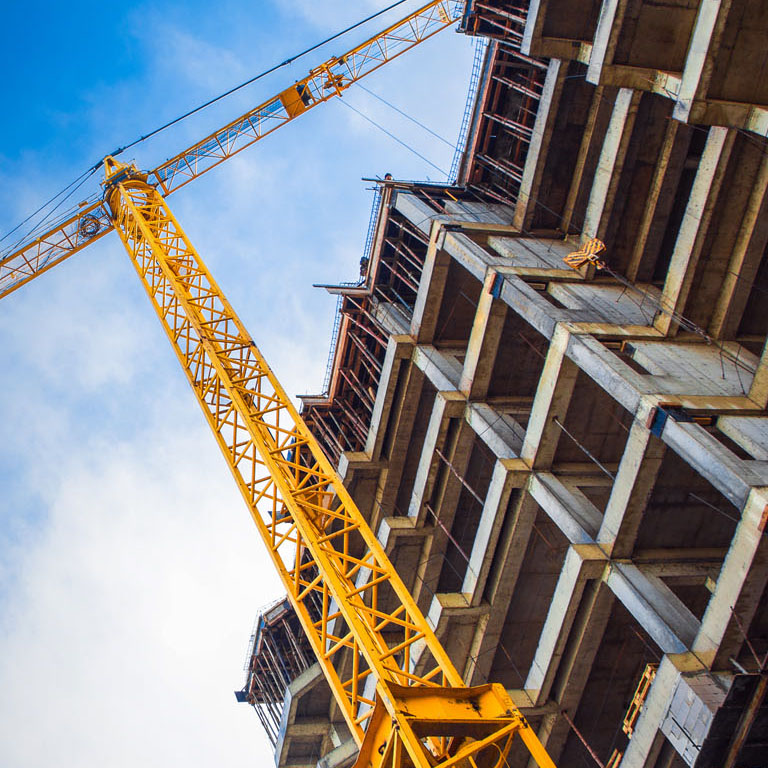Why IFC’s Building Resilience Index (BRI) sets the standard for real estate and construction in natural catastrophe regions
Our recent survey of construction industry professionals in Asia revealed that 50% anticipate significant physical damage to their projects from climate risks. Similarly, the Climate Adaptation Report 2025 found that 74% of global respondents have already experienced losses or disruptions to their physical assets due to extreme weather. Despite this, only 28% expect to increase their climate adaptation investments over the next one to three years.
As climate risks intensify in frequency and severity, insurers are tightening underwriting criteria for construction projects. Consequently, developers and asset owners in catastrophe-prone regions face a challenging property insurance market, higher premiums, increased deductibles, and in many cases, coverage denials altogether.
The message from insurers to the construction sector is clear: Building resilience is no longer optional. But how do you measure your building’s resilience when no standardised certification or process exists? To further understand the importance of standardised building validation, let’s hear from Ommid Saberi, Principal Industry Specialist for Green and Resilient Buildings, The International Finance Corporation, and Brendan Dunlea, Regional Head of Engineering and Property at QBE Asia, who joined Chris Bickerstaff, Regional Construction Leader, Marsh Asia in this video.
Until recently, developers have lacked a unified, credible framework to assess how effectively their buildings can withstand climate hazards. This gap leaves owners exposed to unquantified risks and undermines their ability to secure insurance coverage, attract investments, or meet investor expectations.
What is the Building Resilience Index (BRI)?
Developed by the International Finance Corporation (IFC), a member of the World Bank Group, the Building Resilience Index (BRI) offers a hazard-mapping and assessment framework for a building’s physical resilience. The BRI can help asset owners and developers:
- Assess, enhance and disclose the physical resilience of buildings through a standard assessment framework.
- Identify strengths and vulnerabilities as part of a clear improvement plan.
- Expand resilience measures to mitigate risks.
- Provide objective resilience validation to insurers and lenders.
- Negotiate for better insurance outcomes by leveraging a strong BRI score.
Buildings that demonstrate strong resilience through data-backed assessments can obtain verification from an IFC partner. These credentials serve as credible assurance of a building’s resilience, potentially unlocking more favourable insurance outcomes, including better premiums, broader coverage and reduced deductibles.
Learn more about the Building Resilience Index
Enhance the resilience of your physical assets today with IFC partner Marsh Asia
Marsh Asia is proud to be IFC’s partner for the BRI in Asia, supporting businesses in adopting the credible framework and index to bridge resilience gaps, attract investments, improve access to insurance markets and strengthen competitive advantage.
Why IFC chose Marsh Asia as its partner for the BRI
With 70 years of deep expertise in the Asia region and the largest in-house team of 100 risk engineers, Marsh Asia is the official partner for the Building Resilience Index (BRI). We support you at every stage of your BRI journey, providing the data and analytics that go into the assessment tool, transforming BRI recommendations into actionable risk mitigation strategies, and securing tailored insurance coverage backed by a verified BRI score. Marsh’s Climate and Analytics teams also provide bespoke analysis of your physical climate risks and their potential impact on your business, empowering you to build more resilient physical assets.



